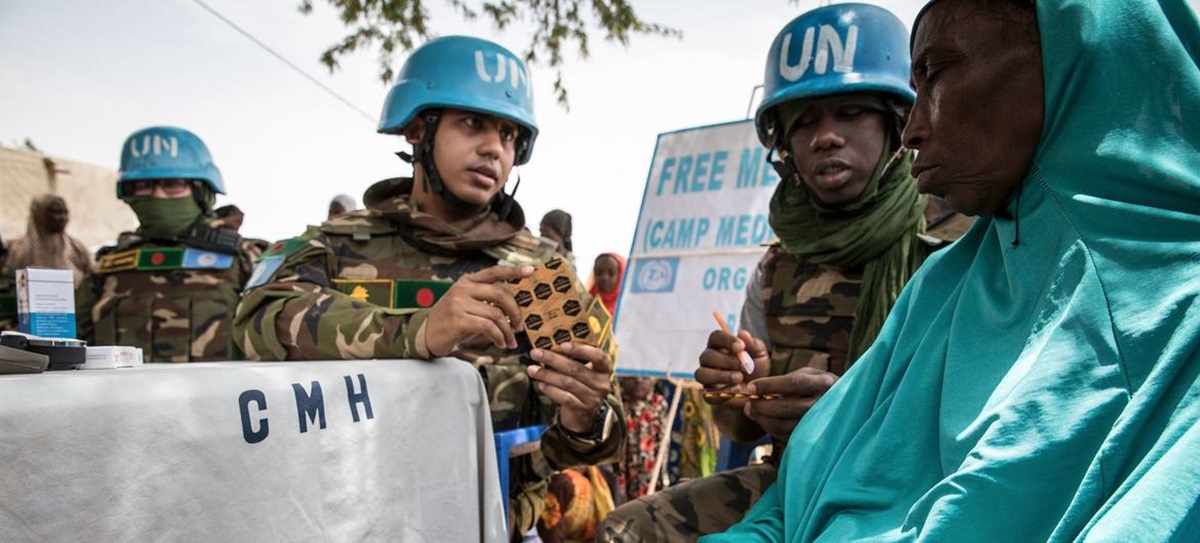Mali completes early liquidation of UN mission Minusma in November 2024

The process of liquidating the United Nations Multidimensional Integrated Stabilization Mission in Mali (Minusma) has officially concluded ahead of schedule, marking a significant shift in the country’s security and governance landscape.
The announcement was made on 6 November by Mali’s Minister of Foreign Affairs and International Cooperation, Abdoulaye Diop, following a Council of Ministers meeting.
Established in 2013, Minusma was deployed to support Mali’s stability in response to the nation’s security crisis, providing critical assistance in peace, security, and development.
However, the mission’s conclusion was driven by the adoption of Resolution 2690 (2023) by the United Nations Security Council, which mandated a complete withdrawal of Minusma by 31 December 2023.
This was followed by an 18-month liquidation phase starting 1 January 2024 to oversee the repatriation of personnel, military contingents, and equipment.
The accelerated timeline for liquidation, set to formally conclude on 15 November 2024, was made possible through close collaboration between the Malian government and the United Nations.
This process involved the successful transfer of key infrastructure, including the Bamako camp, and the repatriation of all mission personnel and assets.
The departure of Minusma reflects the Malian authorities’ determination to assume full responsibility for the nation’s security and governance, ending more than a decade of UN presence on its soil.
For over ten years, Mali has grappled with a jihadist insurgency led by groups affiliated with Al-Qaeda and the Islamic State, presenting ongoing security challenges.
The conclusion of Minusma’s mission signifies a pivotal moment for Mali as it seeks to navigate its complex security environment independently.
About The Author
dailymailafric
I am an avid African news observer, and an active member of Daily Mail Africa.
I’m Passionate about staying informed on diverse topics across the continent,
I actively contribute to publishing on political, economic and cultural developments in Africa.



